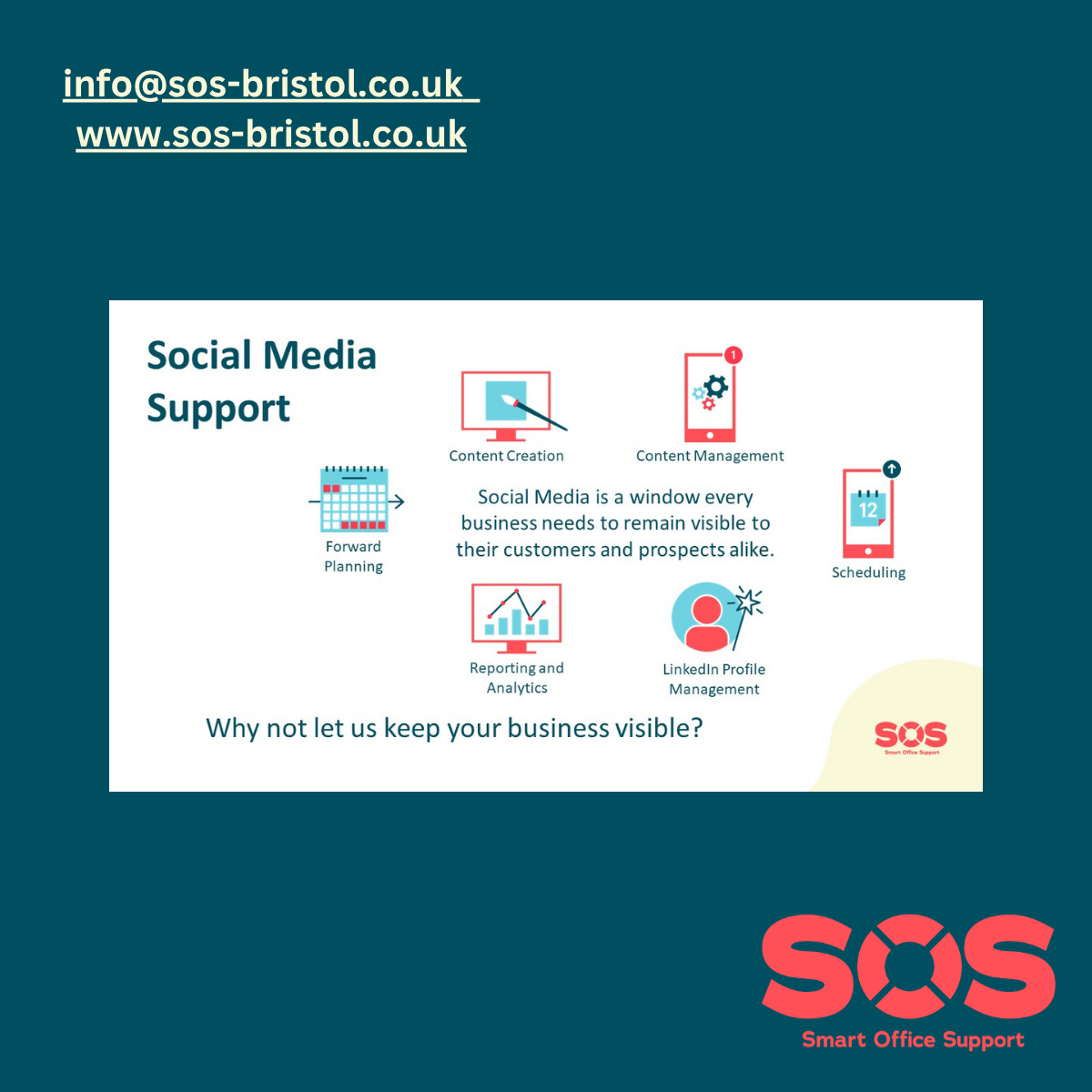Plan for the Unexpected
Even when you’re on top of your planning, the unexpected can happen and the best laid plans can go awry.
The reality of life is that it has a tendency to happen and often in a way you don't expect. Life and work can throw you a curve ball and send you off track at any time.
It’s not just that you’re disorganised or haven’t planned your time well enough. You didn’t look ahead or were just so busy, you neglected to keep all the plates spinning. It’s just that … well, life happens.
Plans are subject to change. Even when you think it’s all going smoothly and you’ve got everything under control, someone or something has other ideas.
You’re not alone in getting side-tracked, thrown off course, derailed or just having to deal with something you didn’t expect. It happens to us all. And it’s happened to me on more than one occasion.
Dealing with the unexpected
Often, it can be small things.
Occasionally, it’s something bigger and more significant that catches you unawares. Life events. Loss of a job. Financial pressures.
• Unexpected technical issues, that limit or stop you from working. You end up running around, downloading updates, researching fixes, calling up support, wasting hours or maybe even days getting it fixed and stressed out in the process.
• Chasing up information you’ve been promised for your urgently needed report which then delays you getting on with work.
• Chasing an overdue payment or not being able to get hold of people when you need them.
• More serious events like illness, your own or that of someone close to you that you need to deal with. These often can come out of left-field or if you neglect your own health, because you’re too busy.
This doesn’t mean there’s no point in planning or it’s a waste of time to plan as something will come up that throws it out. I’ve often heard this used as an excuse to put off or avoid planning, people preferring to stay ‘flexible’.
It does mean that when you get hit by the unexpected you need to be able to deal with it and have enough resilience both within yourself and within your planning system that you don’t end up dropping all the balls.
Your plan needs to be flexible. While structure and systems are good, they’re not infallible, rigid and unbending. They need to adapt to change to circumstances and those unexpected events.
So, when the inevitable happens …
Firstly, take a deep breath!
What’s the worst that can happen? The chances are, this isn’t the end of the world or if it is, there’s not a lot you can do!
If you have a tendency to over-react, give yourself a bit of time before taking action. Things may look different with a bit of space and time, even if that’s just ‘have a cup of coffee or tea’ first!
Evaluate
It’s rarely a good idea to react in the emotion of the moment … unless it’s an emergency or life-threatening.
Take a few moments to think about what’s happened or is about to happen. What’s the impact or scale of the actual problem? Then take a look at your options. Who else needs to be involved in helping you out?
Keep a sense of perspective. In the grand scheme of things, how important or critical is this?
Re-prioritise
Compared with your other priorities, is the unexpected event more important than what you’re working on at the moment. Do you need to drop everything to deal with it or are there other things you still need to focus on?
If you find yourself running around trying to fix the problem, is there someone else who can help or do things for you. Be aware that your urgent need may not match with someone else’s sense of urgency or priorities.
What’s the most important thing you need to do first?
Rather than trying to keep everything going according to plan:
• Reschedule less important meetings or appointments
• Change the timelines of other tasks
• Put on hold or delay projects
We put pressure on ourselves when we think we need to keep ALL the other plates spinning while we deal with this unexpected event.
What’s your plan B? If you don’t actually have one, is there a quick-fix you can put in place to solve your short-term issue? I changed my online booking system as a result of losing my smartphone. It was a quick-fix that actually improved the whole process.
What do you actually have control of? Don’t waste time and energy stressing about the things you can’t control.
Communicate
This is probably the most important one. Even if you can’t resolve the problem immediately, you can communicate at the earliest opportunity.
• Let them know what’s happened ...
• what you’re doing about it ...
• when it’s likely to be fixed (to the best of your knowledge).
You can always update them when you know more. Send them an email, put it on your Out of Office message or on your website. We’ve all seen examples with the impact of Covid-19 on availability, lead-times, support etc.
People are far more accommodating and forgiving than you might think, especially if they appreciate that this is something unexpected and an exception, not the way you always work.
When I had to take time out a few years ago, I let my clients know. I didn't stop work completely but I scaled things right down to only working a few hours a week. I stopped or delayed face to face work and other projects until I was ready to pick them up again.
Plan for the unexpected
How can you plan for the unexpected when it’s unexpected, I hear you ask. Of course, by its very nature you can’t ‘plan’ for the unexpected. You can however allow for flexibility and change when it’s needed.
• Avoid overloading your schedule.
• Leave time between meetings
• Slack time between tasks
• Lead time before deadlines
Build in space, so that when something unexpected does come up, you have the time and capacity to be able to deal with it, without throwing your whole schedule out.



















































.jpg)




